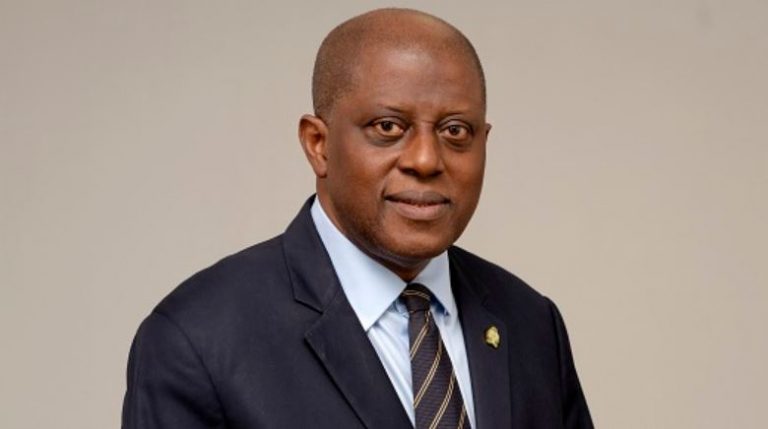By Temitayo Jaiyeola
Mobile money and digital lending will lead growth in the service sector in 2024, the Governor of the Central Bank of Nigeria, Olayemi Cardoso, has disclosed.
Speaking at the launch of the Nigerian Economic Summit Group 2024 Macroeconomic Outlook Report recently, Cardoso stated that the sector continued to dominate economic growth in the country.
He projected that the country’s economy would grow by 3.76 per cent in 2024, as reliance on fintechs is expected to grow in the year.
He said, “The services sector is expected to maintain its dominance, driven by mobile money adoption, increased government partnerships, and expanded digital lending offerings.
“Continued digitisation and government support for financial inclusion initiatives are poised to drive growth in the fintech sector in 2024.”
The CBN governor noted that various sectors would grow in 2024. He remarked, “Specifically, the positive outlook for industry, services, agriculture, and mining, electricity, gas & water supply sub-sectors reflects the potential effect of market-based reforms through private investment and SMEs-led growth that would contribute to business improvement and confidence.”
This was not the first time the CBN governor had expressed faith in fintech.
Recently, while speaking on Nigeria’s aim to become a $1tn economy, Cardoso listed the fintech industry as one that will attract significant capital investments into the country.
Speaking at the Chartered Institute of Bankers of Nigeria’s annual dinner in 2023, Cardoso said, “Further to the projected growth target, sectors, including agri- processing, oil and gas, manufacturing, solid minerals, fintech and information technology, real estate construction and infrastructure, among others are expected to attract significant capital investments.”
Despite his optimism about this sector, Cardoso had also declared the CBN’s intention to be stricter on regulatory compliance.
At the CIBN event, the governor stated, “Technology will continue to play a critical role in delivering financial services and enhancing financial inclusion.
“However, recent developments in the payment services landscape have raised concerns regarding the use of technology and the existing licensing and regulatory framework.
“We have observed that some licensees are operating outside the approved activities, breaching the boundaries set for them. Any intentional or unintended non- compliance will be subject to sanctions, as operators have the responsibility to ensure that they are licensed for the activities they undertake.”
According to the CBN governor, the apex bank will engage in extensive consultations to develop a new regulatory and compliance framework that is suitable for the technology-driven payment services sector, as it concurrently conducts a comprehensive review of the licensing framework for payment services.
The growth of mobile money has been on the ascendancy in recent years in the country, especially with the CBN favouring a more cashless economy.
Mobile money account ownership grew to 22 per cent in 2022, according to GSMA. Mobile money transactions grew to $832bn in Nigeria and other Sub-Saharan African countries in 2022.
Commenting on the growth, GSMA said, “The number of mobile money agents grew from 12 million in 2021 to around 17 million in 2022 – a staggering 41 per cent year-on-year increase.
“Much of this growth was in Nigeria where a liberalised regulatory regime has led to an increase in MMPs. Agents are an important part of any mobile network service and were responsible for two-thirds of all cash-in transactions in 2022.”
Also, more Nigerians are embracing digital lending, especially with rising economic challenges.
There are 211 digital lenders licensed to operate in Nigeria, according to the Federal Competition and Consumer Protection Commission.
Source: The Punch








